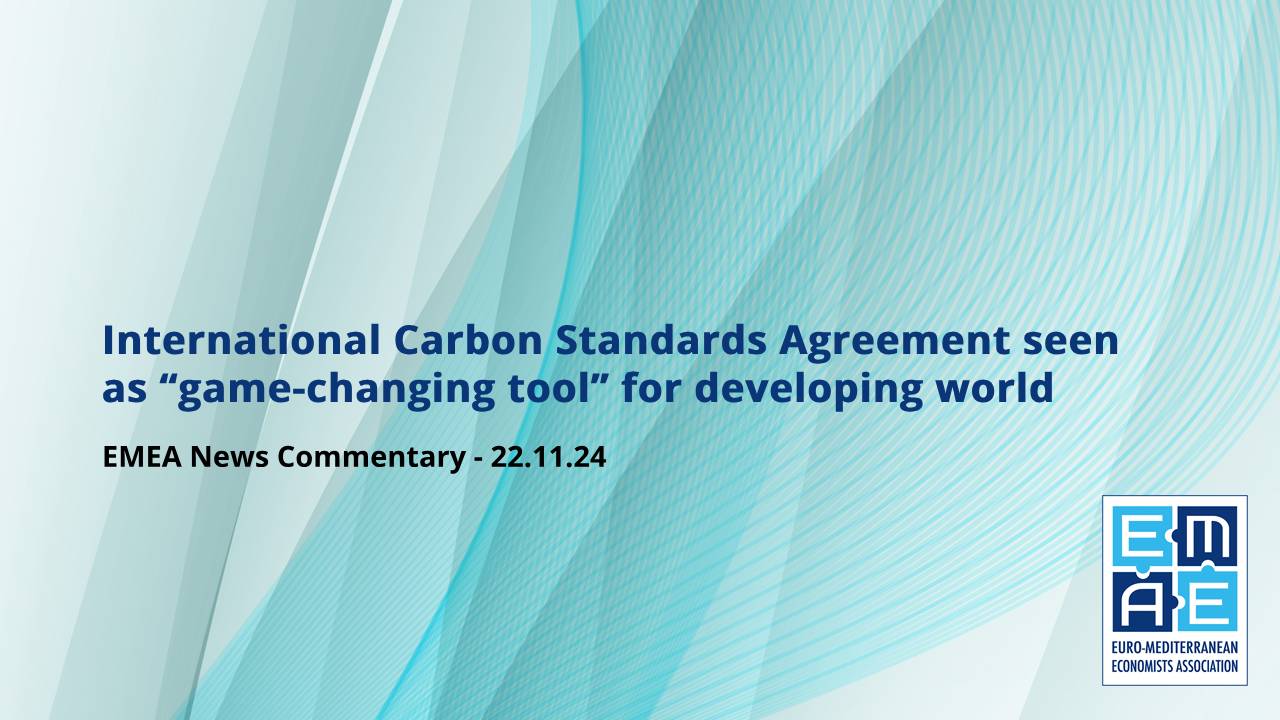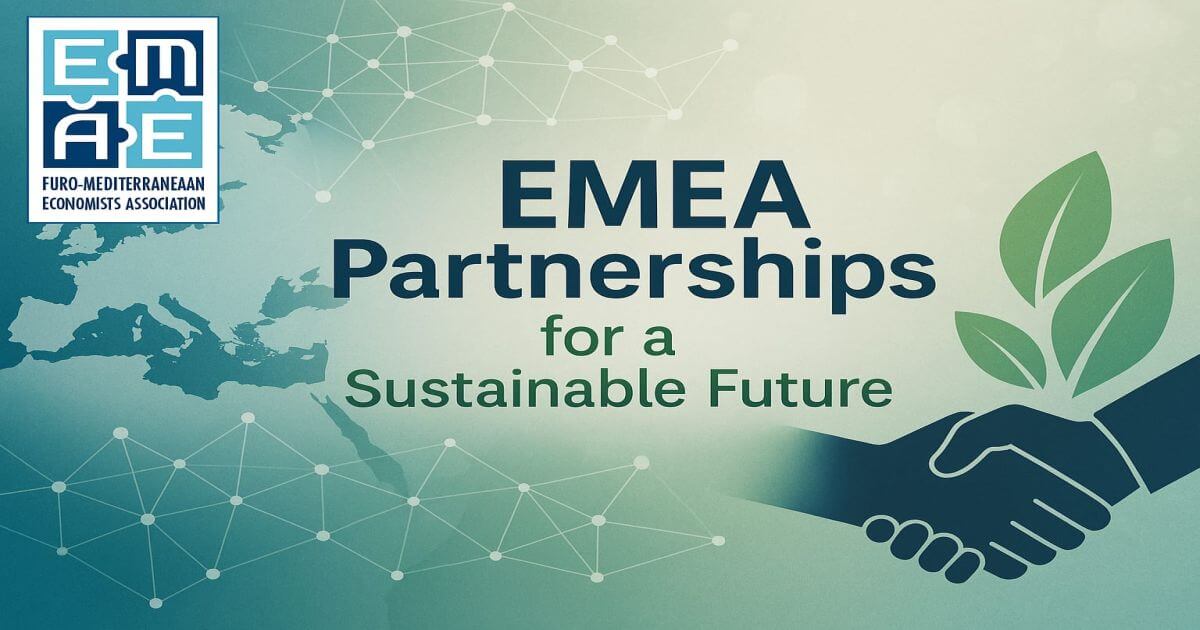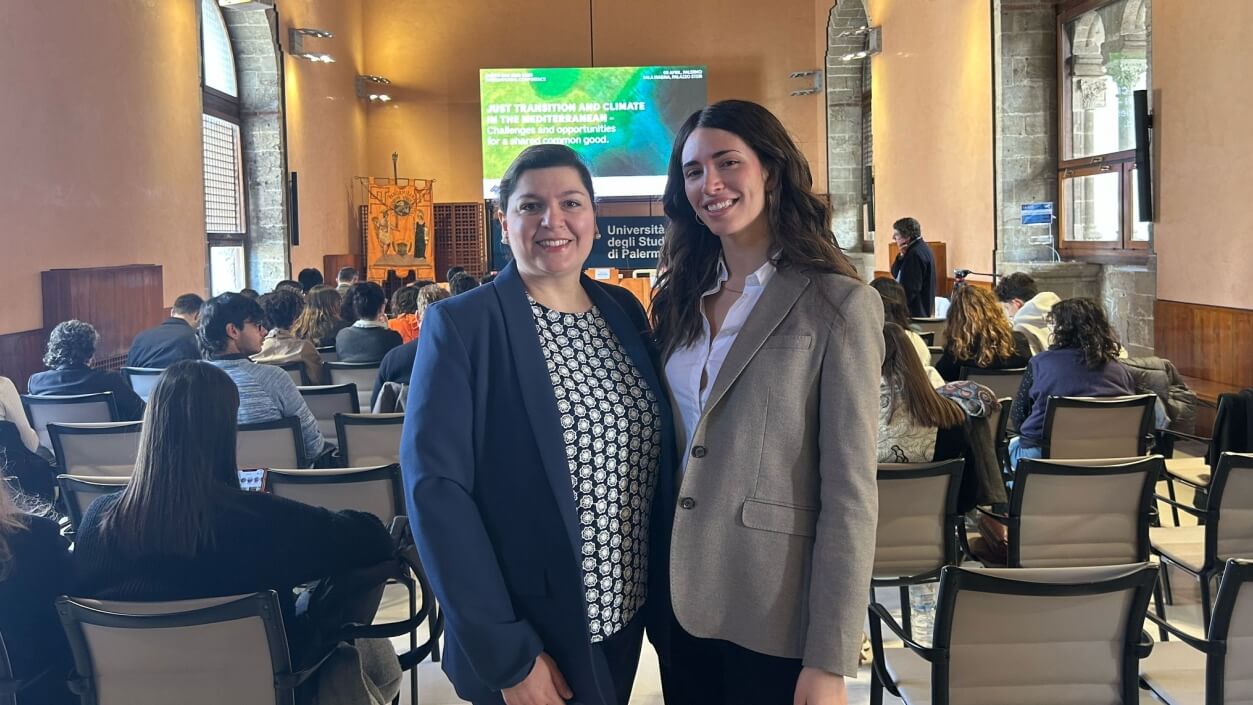Confirmation of an International Carbon Standards Agreement being reached at COP29 in Azerbaijan has been described as a game-changer in the fight against climate change.
The green light for a centralised carbon market came in the early stages of the Summit and could herald savings of up to $250 billion per annum in climate financing.
Simon Stiell, the UN Climate Change Executive Secretary, said that whilst more was needed on the agreement, a critical step had been taken towards concluding Article 6 negotiations. The Article is a key element of the Paris Agreement and is concerned with providing trusted and transparent carbon markets for countries collaborating to reach their climate goals.
“We are a long way from halving emissions this decade but wins on carbon markets at COP29 will help get us back in the race,” Stiell commented. “Carbon markets are a key piece of the finance puzzle and can enable climate action around the world.”
In their official statement, the COP29 Presidency identified Article 6 as one of this year’s key negotiating priorities.
COP29 Lead Negotiator, Yalchin Rafiyev, declared: “We are delighted to say that we passed this first test and we got to work.
Parties reached consensus on the standards for Article 6.4 and a dynamic mechanism to update them.”
Significant move towards NDC implementation
A verifiable carbon credit market is seen as a way of allowing countries to target mitigation efforts to where the costs are lowest. It’s also regarded as a significant and cost-effective step towards implementing Nationally Determined Contributions (NDCs), at the same time encouraging mitigation and adaptation ambitions.
The International Emissions Trading Association (IETA) has independently shown that Article 6 can reduce the cost countries face to implement their NDCs by about $250 billion per year.
“This will be a game-changing tool to direct resources to the developing world and help us save up to 250 billion dollars a year when implementing our climate plans,” Rafiyev declared, adding that “following years of stalemate, the breakthroughs in Baku have now begun.”
Stiell said that the creation of a market in carbon credits had been 10 years in the making. The Agreement would facilitate climate action through increased demand for carbon credits and ensure that the international carbon market would operate with integrity under UN supervision.
“This is not some bit of arcane UN bureaucracy,” he declared, confirming that once in operation, carbon markets would help countries implement their climate plans faster and more cheaply, driving down emissions.
“We are a long way from halving emissions this decade, but wins on carbon markets here at COP29 will help us get back in that race,” Stiell said. “We must ensure that developing countries benefit from new flows of finance.”
Stiell also stressed the importance of reaching a new global climate finance goal in Baku. “If at least two thirds of the world’s nations cannot afford to cut emissions quickly, then every nation pays a brutal price,” he said.
“So, let’s dispense with any idea that climate finance is charity. An ambitious new climate finance goal is entirely in the self-interest of every nation, including the largest and wealthiest.”
NCQGs seen as top priority
In his opening Summit statement, COP29 President Mukhtar Babayev identified agreement on a fair and ambitious New Collective Quantified Goal (NCQG) on climate finance as being the Summit’s top priority.
Acknowledging the challenge of agreeing how this should be equitably reached and that the needs were in trillions, rather than billions, of dollars, he said: “These numbers may sound big, but they are nothing compared to the cost of inaction. These investments pay off.”
The COP29 President has called on countries to submit 1.5˚C-aligned Nationally Determined Contributions (NDCs) to reduce emissions ahead of next year’s deadline, to put forward National Adaptation Plans by 2025 in preparation for a warming planet and to deliver their initial first Biennial Transparency Reports (BTR) before the end of 2024.
Mr. Babayev made a strong call to action on emissions reductions, noting that “as the world’s highest forum on climate change, COP29 cannot and will not be silent on mitigation.”
“As a Presidency we are making every effort to attack the problem in every direction, without losing focus on our top negotiating priority – the NCQG.”
He described climate action as the “race of our lives” and whilst the task ahead wouldn’t be easy, it was essential to set high expectations because they were vitally important.
Azerbaijan had risen to the challenge of being pro-active Summit hosts, he said, although a successful outcome would depend on everyone playing their part. “Azerbaijan can build the bridge,” he said, “but you all need to walk across it. In fact, you need to start running.”
COP29 Agrees International Carbon Market Standards | UNFCCC
COP29 Opens in Baku with Breakthrough on Global Carbon Markets





